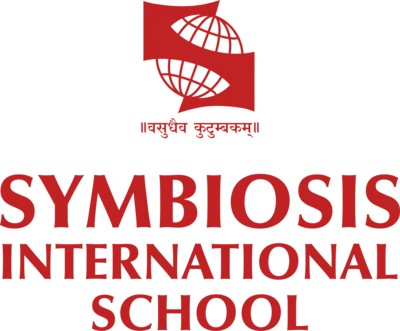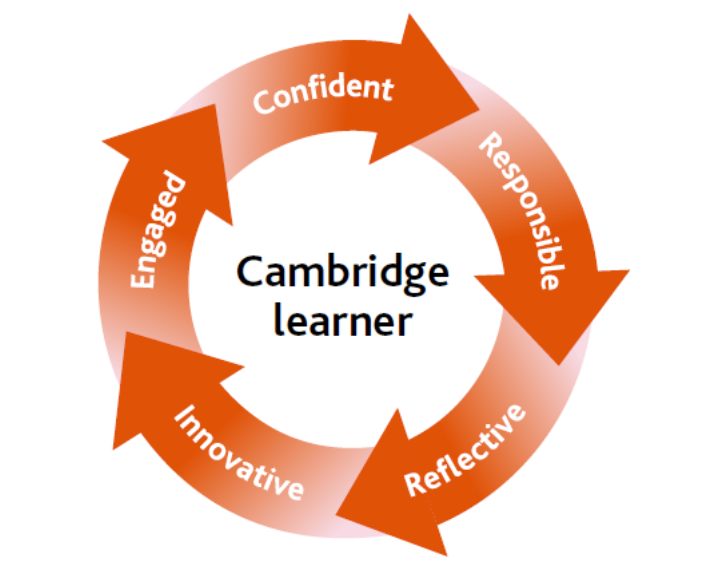

IGCSE stands for ‘International General Certificate of Secondary Education’

Cambridge programmes and qualifications develop not only content but also skills. We help learners to bridge the gap to the next stage of education and the world of work. We encourage Cambridge learners to be:
At SIS, we offer the following choice of subjects. In IGCSE, there are 5 groups of subjects. To qualify for an ICE award, a student has to choose at least 7 subjects.
They must choose 2 subjects from Group I and at least one from group II, III, IV and V.
| Subject Group | Subjects |
|---|---|
| Group I Language | • First Language English • English as Second Language • Hindi as Second Language • French as Foreign Language • Spanish as Foreign Language |
| Group II Humanities and Social Sciences | • Economics • Environmental Management |
| Group III Sciences | • Physics • Chemistry • Biology |
| Group IV Mathematics [Compulsory] | • International Mathematics |
| Group V Creative, Technical and Vocational | • Computer Science • Information & Communication Technology • Business Studies • Drama |
Subject restrictions: Only ONE of the following can be chosen
Subject restrictions: Only ONE of the following can be chosen
IGCSE uses a wide range of testing methods appropriate to different skills and subject areas.
Written papers may contain short answer questions, multiple choice questions, longer structured questions or full essays. Listening tests, speaking tests and practical tests are also used.
All of these are set by Cambridge and are sent overseas to be marked. The timetable for these exams is also set by Cambridge and as an examination centre we must adhere to their rules and regulations during the examination period. Written exams usually start in May and continue in to June of IGCSE Yr.2.
In some subjects the examination can be taken at either of the two levels: Core or Extended. The decision as to which level is best for you will be taken by your teachers in consultation with you and your parents during IGCSE Yr.2. It will depend on how well you have done in the course up to that point, however, it is the school policy to enter everyone for Extended unless there are clear indications this would undermine the student‘s chances of passing.
The final examination of IGCSE Yr.1 is designed to set the classes in Core and Extended level. Once these classes are set, the delivery of the curriculum differs in the two groups as the curriculum content demands separate classes. This will be implemented from the start of IGCSE Yr.2.
IGCSE grades are awarded for each individual subject; A* to G. A* is the top grade while G indicates the minimum satisfactory grade. All UK universities require a Grade C or above.
If you take the core paper you will be eligible for Grades C to G. If you take the extended papers you will be eligible for Grades A* to G. (up to E for Math)
In some subjects there is the option of submitting work that is completed during the course. These pieces are set and marked by your teacher in accordance with strict criteria laid down by Cambridge. Samples of this work are sent to chief Examiners in Cambridge so that they can ensure that the criteria are being met and all instructions are precisely followed. All teachers involved in setting and marking coursework have to undergo special training and get an accreditation from CIE. However, coursework is adopted in only a few subjects worldwide and can be done only with prior permission from CIE.
| A* - 90 – 100 | D - 50 – 59 |
| A - 80 – 89 | E - 40 – 49 |
| B - 70 – 79 | F - 30 – 39 |
| C - 60 – 69 | G - 20 – 29 |